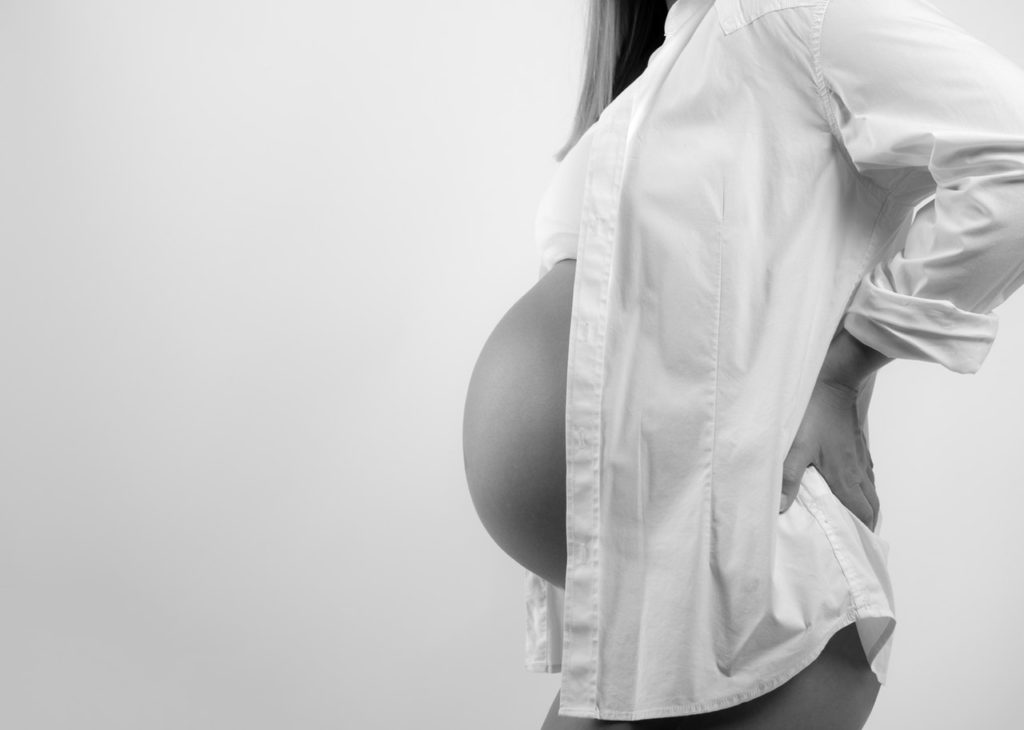Flashing lights – Preeclampsia

PREGNANCY is the most delicate part of a woman’s reproductive career. Often combined with that is hypertensive disease, and one category of hypertensive disease is preeclampsia.
Why is hypertensive disease still the number one cause of maternal mortality in Jamaica, in light of advanced medical knowledge?
Preeclampsia
Eclampsia is the end result of preeclampsia — uncontrolled generalised seizures/fits as a result of elevated blood pressure during and immediately after pregnancy, which can result in stroke and death of the mother. Also, placental separation (abruptio placentae) can occur, resulting in loss of the foetus. Preeclampsia is a generalised multi-organ disorder. There is associated elevated maternal blood pressure and the presence of protein in the urine. The condition usually occurs after mid-pregnancy (after 20 weeks), and results when the placenta is not functioning correctly. As a consequence, certain inflammatory substances are released from the placenta and into the maternal circulation affecting the maternal liver, brain, lungs, heart and kidneys.
What is the cause of preeclampsia?
The actual cause is not known. However, we do know that some women are more at risk for this condition than other women. These risk factors include:
- Previous preeclampsia in a prior pregnancy
- Chronic hypertension prior to pregnancy
- Teenage pregnancy
- Maternal age greater than 35
- Underlying diabetes mellitus/ kidney dysfunction
- African descent
- Obesity
- First pregnancy
- Multiple pregnancy
- IVF pregnancy
As we can see from the above, many of our Jamaican women fall into this high-risk category.
What are the symptoms of preeclampsia?
The inflammatory substances released from the placenta can cause:
- Pain over the liver (upper right side of abdomen)
- Difficulty breathing due to excess fluid in the lungs
- Headaches and flashing lights due to brain swelling
- Vomiting
- Bleeding if the placenta begins to separate before delivery.
How is it treated?
The main treatment for preeclampsia is delivery of the infant and the placenta, resulting in loss of these inflammatory substances. In addition, the maternal blood pressure should be controlled with oral and sometimes intravenous anti-hypertensive medication. When the blood pressure is extremely elevated, a drug called Magnesium Sulphate can be given to prevent eclampsia (seizures) from occurring. When the pregnancy is premature, the risk of continuing the pregnancy versus the overall health of the mother is carefully balanced, and these patients should be managed in an institution capable of handling the premature infant when delivery occurs.
Can we decrease preeclampsia in our Jamaican women?
Patient education is paramount. Patients should be made aware of the symptoms of preeclampsia. This occurs in the public and private clinics, yet patients still suffer from this condition due to poor antenatal visits. Low-dose aspirin has been shown to reduce the development of preeclampsia in high-risk patients. Ultrasound and blood flow studies to the uterus can be done in the early second trimester to monitor for the development of preeclampsia, thus allowing early intervention to prevent same.
Dr Daryl Daley is a medical officer in OBGYN at the May Pen Hospital, and consultant OBGYN at Gynae Associates, 23 Tangerine Place, Kingston 10, and Shops 46-50, Portmore Town Centre, Portmore. He can be contacted at 929-5038/9 and 939-2859 or drdaryldaley@gmail.com.
